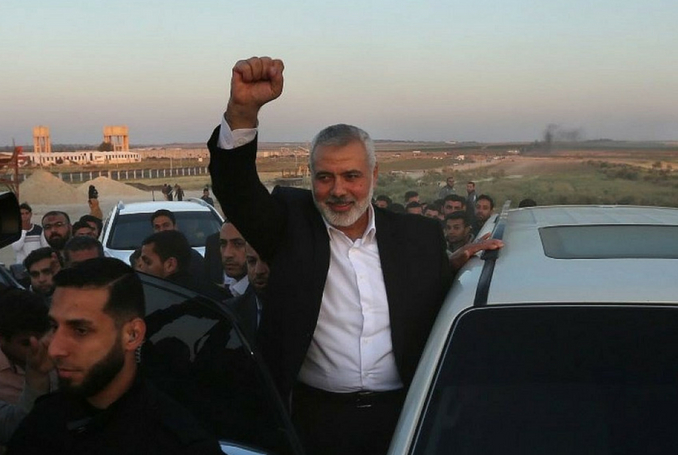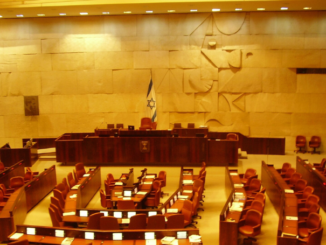
By Ramona Wadi
As the ceasefire between Hamas and Israel, brokered by the UN and Egypt, went into effect yesterday, Ramallah erupted into a litany of abominable comments. Senior Fatah official Azzam Al-Ahmad was quoted by Wafa news agency stating:
“The truce between Hamas and Israel a few days ago is a betrayal of the Palestinian people and its national cause.”
The Palestinian leadership, he declared, “does not have time for such useless carnivals.”
The ceasefire is merely a ceasefire. Hostile rhetoric from Israel continues, particularly from Defense Minister Avigdor Lieberman who has maintained that the next round of violence against Gaza is imminent. If the diplomatic niceties are eliminated, as they should be to reduce confusion as regards intent, it is clear that neither Hamas nor Israel have agreed to anything out of the ordinary.
Hamas has merely asked for an implementation of conditions that brought an end to “Operation Protective Edge” in 2014. This is neither a national betrayal nor a carnival, as articulated by Al-Ahmad. It is a manifestation of how Hamas keeps encountering limitations in both resistance and diplomacy. Part of the blame falls upon the Palestinian Authority and its willingness to support the international, compromised stance which aims for the complete colonization of Palestine.
The national betrayal that Fatah officials should be speaking about is, undoubtedly, the acceptance of the Oslo Accords, which resulted in a grotesque carnival for Palestinians – to put it succinctly, a bloodbath that lacerated land and people through compromising over Jerusalem, settlement expansion, security coordination with Israel, bargaining over Palestinian prisoners, exploiting Palestinian resilience and resistance, neglecting the importance of the Palestinian right of return and collaborating with the international community to maintain the two-state compromise rhetoric and divest Palestinians of their rights to historic Palestine.
At a time when Hamas was vehemently opposing the Oslo Accords, Fatah was busy reveling in its compromised status. During the times Israel exploited Gaza as a testing ground for their weapons, the PA pleaded for Palestinians to relinquish their resistance. When Gaza was seeking means to alleviate its suffering in the aftermath of “Operation Protective Edge” and even years later, the PA was implementing US scheming to force Hamas into relinquishing its leadership of the enclave.
The PA also accepted and contributed towards the fragmentation of Palestinian identity between Gaza and the occupied West Bank, juxtaposing armed and non-violent resistance as pertaining to distinct entities rather than complementary means through which Palestinians can build their anti-colonial struggle.
If Fatah can criticise Hamas about a perfunctory agreement, is it not time for the PA to turn inward and criticize itself for agreeing to the conditions which left Palestinians with no political options?
There are no illusions harbored by Palestinians about the essence of the agreement.
The Palestinian people’s commitment to resistance remains untarnished. For Hamas to be accused of national betrayal, it has to descend to the tactics employed by the PA. If that happens, it will be the Palestinian people who will speak of a national betrayal. Lest it be forgotten, Palestinians already know what a national betrayal looks like – the Oslo Accords and its colonial aftermath.
It is ironic for Fatah to say it has no time for “useless carnivals” when its structure is nothing less than a hierarchy of pathetic performers.
– Ramona Wadi is a staff writer for Middle East Monitor, where this article was originally published. She contributed this article to PalestineChronicle.com.







